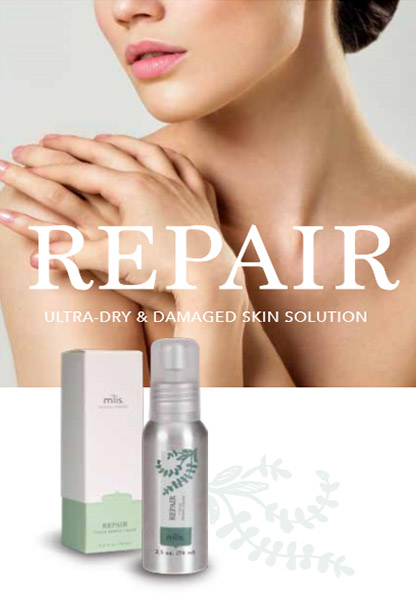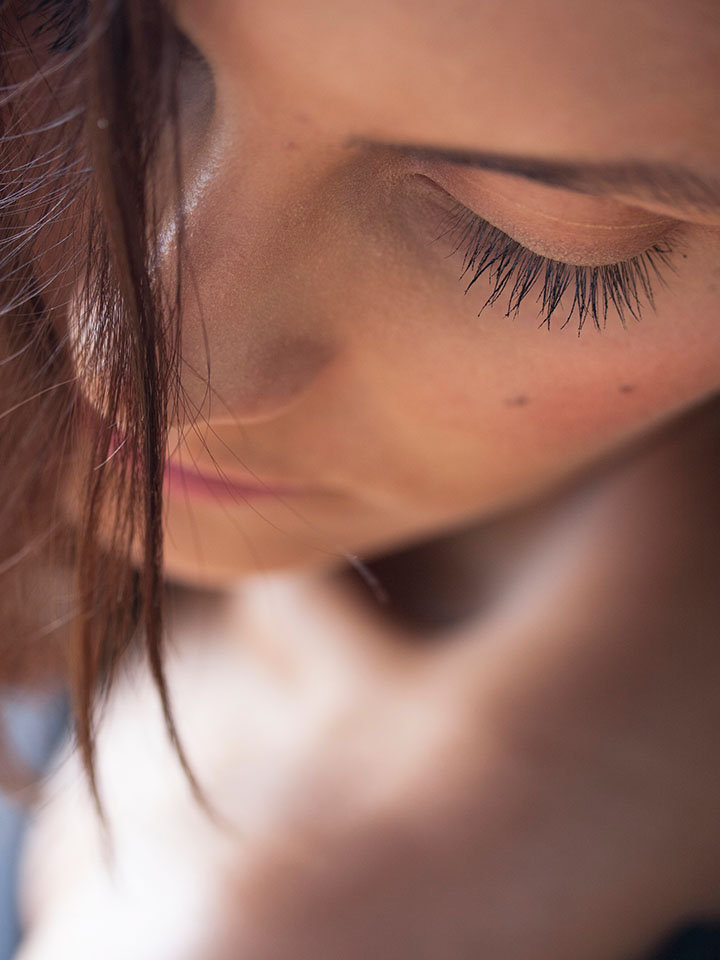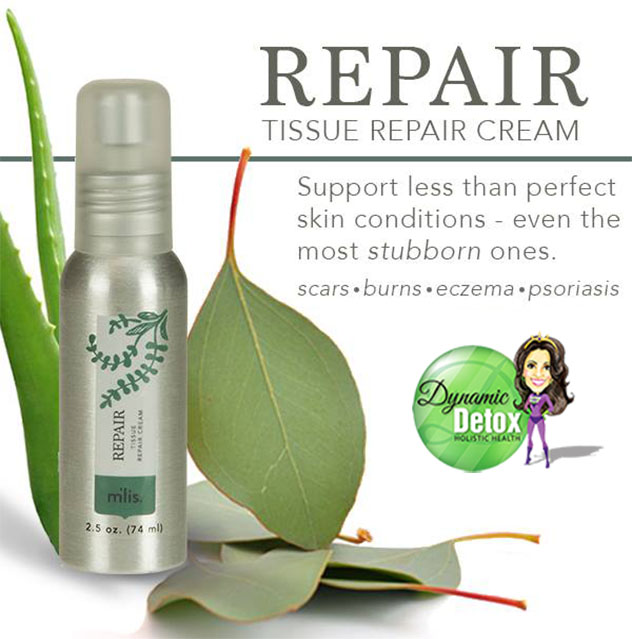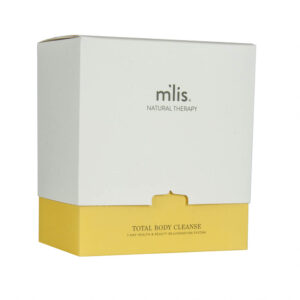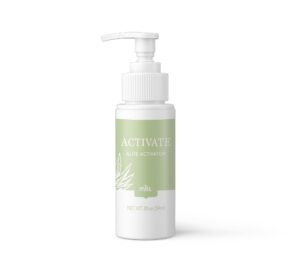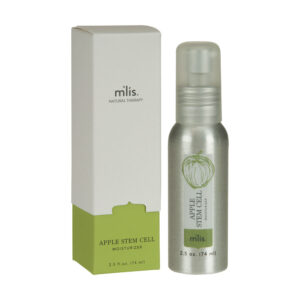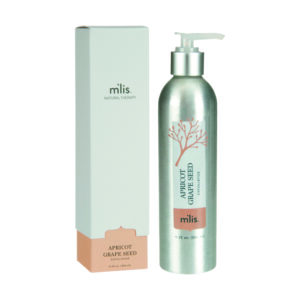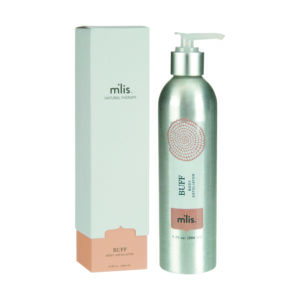Psoriasis Treatment Program
“Nurture and Soothe”
What is Psoriasis?
Psoriasis is a skin condition that causes skin cells to multiply faster than normal. This makes the skin build up into bumpy red patches covered with white scales. They can grow anywhere, but mostly they appear on the scalp, elbows, knees, and lower back.
In severe cases, Psoriasis can cover large parts of the body. The patches can heal and disappear but then can come back throughout a person’s life.
Types of Psoriasis
Plaque Psoriasis: which is one of the most common varieties of the condition, symptoms include:
- Plaques of red skin, often covered with silvery colored scales. They may be itchy and painful, and they sometimes crack and bleed. In severe cases, the plaques will grow and merge, covering large areas.
- Disorders of the fingernails and toenails, including discoloration and pitting of the nails. The nails may also crumble or detach from the nail bed.
- Plaques of scales or crust on the scalp.
Guttate Psoriasis: are small, red spots, mainly on the torso and limbs. Triggers may be respiratory infections, strep throat, tonsillitis, stress, injury to the skin, and taking antimalarial and beta-blocker medications.
Inverse Psoriasis: which are bright red, shiny lesions that appear in skin folds, such as the armpits, groin, and under the breasts.
Pustular Psoriasis: are red and scaly skin with tiny pustules on the palms of the hands and soles of the feet.
Erythrodermic Psoriasis: which causes fiery redness of the skin and shedding of scales in sheets. It can flair up by severe sunburn, infections, certain medications, and stopping some kinds of psoriasis treatment. It needs to be treated immediately because it can lead to severe illness.
Join Our Skin Care Repair Program for the Following Skin Conditions

Request an Appointment

Follow Us

